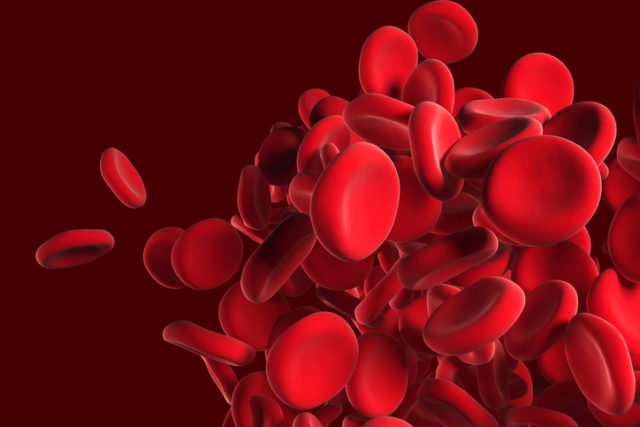
Anemia caused by chronic kidney disease can be treated with injectable medicines belonging to an older class of drugs. Akebia Therapeutics’ bid to offer patients a more convenient pill formulation has been turned down by the FDA, which raised safety concerns regarding the drug, vadadustat. The regulatory decision echoes the rejection last year of a rival anemia medicine that’s from the same new drug class.
According to Cambridge, Massachusetts-based Akebia, the FDA letter it received Wednesday flagged vadadustat’s failure to show that the risk of major cardiovascular events patients faced were roughly comparable to those of darbepoetin alfa, the older injectable drug it was tested against in a Phase 3 clinical trial. The agency also noted an increased risk of blood clots in patients receiving dialysis, plus a higher risk of liver damage. For vadadustat to show that its benefits outweigh its risks, the FDA complete response letter (CRL) said Akebia needs to conduct another clinical trial.
“The notification of the CRL came as a surprise, especially with respect to the dialysis patient population,” Akebia CEO John Butler said, speaking on a Wednesday evening conference call. “The dialysis data from our global Phase 3 clinical development program were clear and consistent. Those trials met both primary and secondary efficacy endpoints, and the primary safety efficacy endpoint.”
Vadudstat is what’s called a hypoxia-inducible factor prolyl hydroxylase (HIF-PH) inhibitor. This class of medicines mimic the effect of high altitude on oxygen availability in the body. The body responds to lower-oxygen environments by making a protein that stimulates erythropoietin, a hormone that in turn sparks the production of oxygen-carrying red blood cells. The negative regulatory decision for vadadustat follows the FDA rejection last August for roxadustat, a FibroGen drug that was also developed for treating anemia from chronic kidney disease.
Akebia tracked the regulatory review of the FibroGen drug, and according to Butler, the agency is not evaluating the drugs consistently. He said that Akebia read the FDA briefing documents prepared for roxadustat’s advisory committee meeting to convey that comparing percentage differences in adverse events can be deceiving, and it’s preferred to look at the rate of these events.
Data published nearly a year ago in the New England Journal of Medicine show that though vadadustat met the main efficacy goal, it missed on the main goal assessing cardiovascular risk. The results show that more patients in the vadadustat groups had adverse and serious vascular events. But Butler added that the rates of thrombosis, across both the vadadustat group and the comparator drug, were the same.
“That was very reassuring to us that we were looking at it the right way, and seeing no difference, that we would have a clear path forward there,” Butler said. “But with a different reviewer, you have a different, potentially different look. It’s difficult when there isn’t that consistency of approach.”
Though the FDA asked for a new trial, Butler said it’s too soon to say whether that’s the next step for vadadustat. The company plans to discuss the matter with the agency after first speaking with partner Otsuka Pharmaceutical, which had agreed to share in the development and commercialization of the drug in the U.S. The Japanese pharma company is also taking the lead on the drug in some other regions around the world; it has already filed for marketing authorization in Europe for treating anemia from chronic kidney disease in adults, both dialysis-dependent and non-dialysis dependent patients.
According to Butler, vadadustat’s European Union prospects are good if roxadustat is any indication. Fibrogen’s drug is already approved there in addition to its approvals in Great Britain, China, Japan, South Korea, and Chile.
“We think we have a pretty good analog in that roxadustat received a CRL for data that’s well known to everyone, and yet they were approved in Europe for both dialysis and non-dialysis patients,” Butler said. “We expect a very different outcome there, given the very different approach EMA seems to take via-a-vis the FDA.”
Image: virusowy, Getty Images








